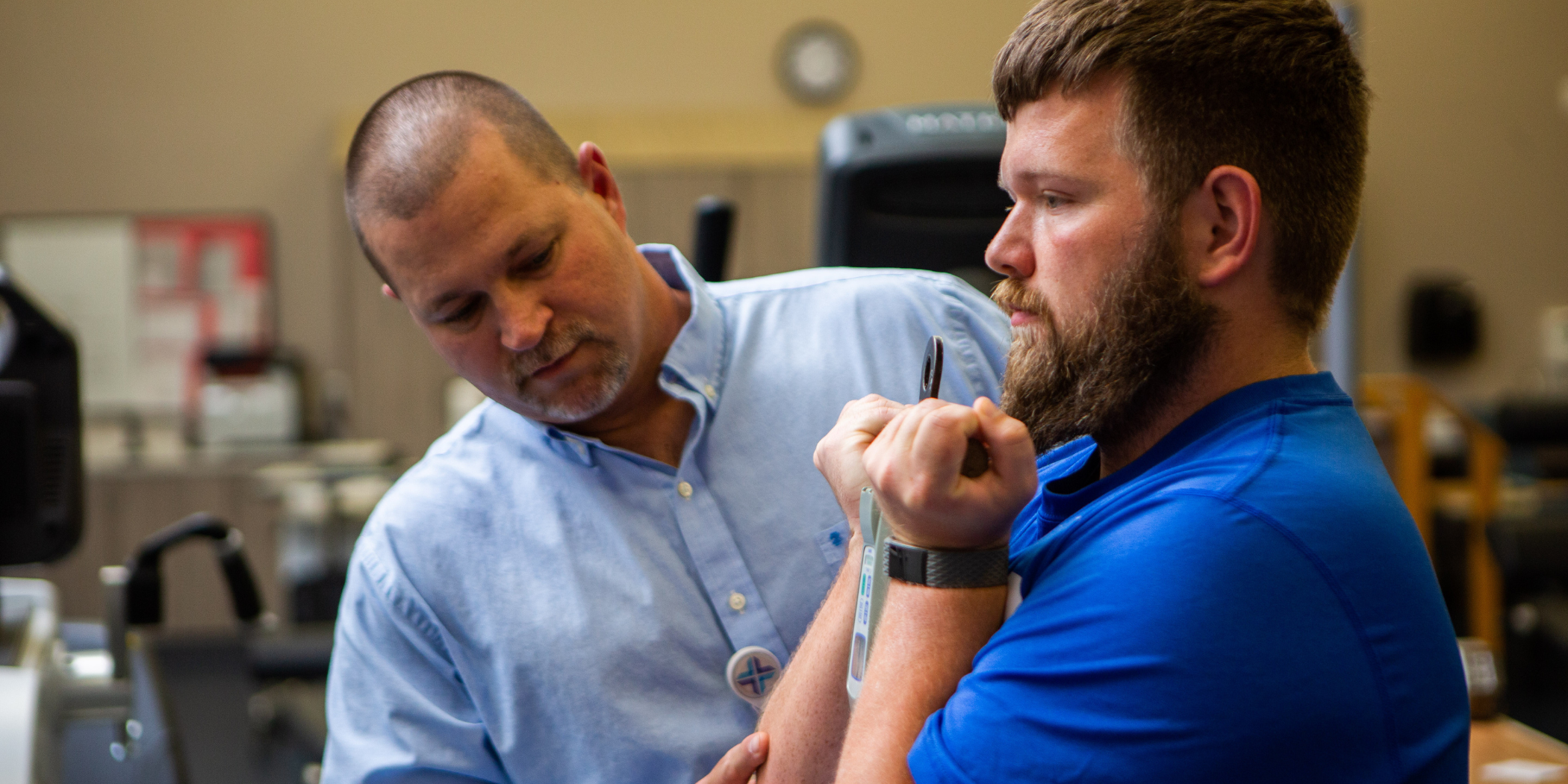
Know the signs of ovarian cancer
We sometimes don't talk about ovarian and gynecological cancers as often as other types. And yet more than 100,000 women are diagnosed with these each year.
While ovarian cancer is known as a “silent cancer,” women should watch for these six warning signs of reproductive cancer:
- Unusual vaginal bleeding or discharge
- A sore that does not heal
- Pain or pressure in the pelvic area
- A persistent change in bowel or bladder habits
- Frequent indigestion or abdominal bloating
- A thickening or lump that either causes pain or can be seen or felt
Early detection and regular screenings starting at age 18 are key to lowering your risk or catching gynecological cancer early. But there are other measures you can take to stay safe:
- Nearly 60 years after its introduction, the Pap test continues to be one of the most important breakthroughs in women's health. A new testing method called ThinPrep may make it easier to spot abnormalities. ThinPrep is a machine that filters blood and mucus from the sample to make it clearer to read.
- Diet, exercise and lifestyle changes also play a significant role in the prevention of cancer.
- Weight control can help reduce the risk of endometrial and uterine cancers.
- Studies also have shown that diets rich in vitamins and antioxidants, and low in fat, can be protective against cancer.
- Increased levels of vitamin C also appear to reduce the risk of cervical cancer.
- Quitting smoking, important to overall health, can lower your risk of cervical and vaginal cancers.
- Oral contraceptives also can reduce the risk of cervical cancer by half if used for five or more years.
- The use of birth control pills also offers some protection against uterine cancer.
- Getting to know your family history can increase your chance of early diagnosis and can help you take action toward prevention.
- Screenings and self-examinations, conducted regularly, can detect certain types of reproductive cancers in their earlier stages, when treatment is more likely to be successful.











